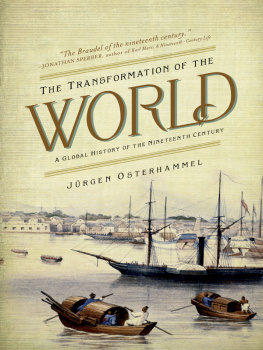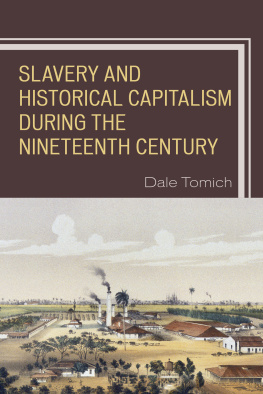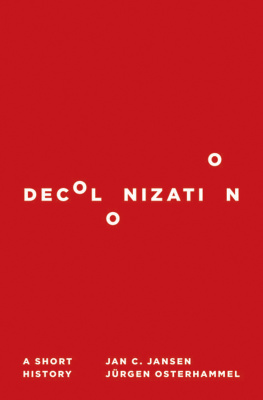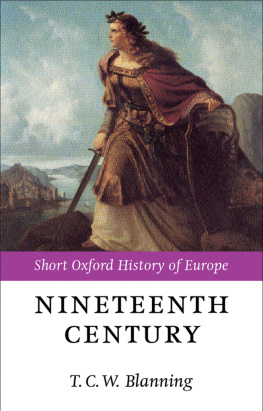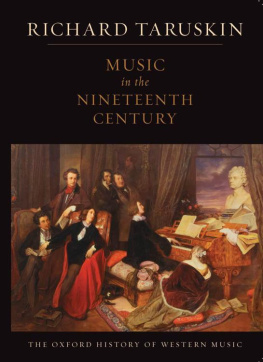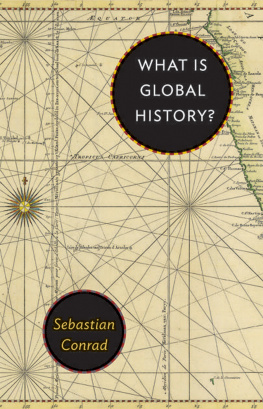
The Transformation of the World
The Transformation of the World
A Global History of the Nineteenth Century
Jrgen Osterhammel
Translated by Patrick Camiller
PRINCETON UNIVERSITY PRESS
Princeton and Oxford
First published in Germany by C. H. Beck under the title Die Verwandlung der Welt
Verlag C. H. Beck oHG, Mnchen 2009
English translation copyright 2014 by Princeton University Press
Published by Princeton University Press, 41 William Street,
Princeton, New Jersey 08540
In the United Kingdom: Princeton University Press, 6 Oxford Street,
Woodstock, Oxfordshire OX20 1TW
press.princeton.edu
Jacket illustration: Harbor at Shanghai, China, 1875, Getty Images. Cover design by Faceout Studio, Charles Brock.
All Rights Reserved
Library of Congress Cataloging-in-Publication Data
Osterhammel, Jrgen.
[Verwandlung der Welt. English]
The transformation of the world : a global history of the nineteenth century / Jrgen Osterhammel.
pages cm. (America in the world)
First published in Germany by C.H. Beck under the title Die Verwandlung der Welt, Verlag C.H. Beck oHG, Munchen 2009.
Includes bibliographical references and indexes.
ISBN 978-0-691-14745-1 (hardback : acid-free paper) 1. History, Modern19th century.
I. Title.
D358.O8813 2014
909.81dc23
2013025754
British Library Cataloging-in-Publication Data is available
The translation of this work was funded by Geisteswissenschaften International-Translation Funding for Humanities and Social Sciences from Germany, a joint initiative of the Fritz Thyssen Foundation, the German Federal Foreign Office, the collecting society VG WORT and the Brsenverein des Deutschen Buchhandels (German Publishers & Booksellers Association)
This book has been composed in Garamond Premier Pro
Printed on acid-free paper.
Printed in the United States of America
10 9 8 7 6 5 4 3 2 1
For Sabine and Philipp Dabringhaus
_______________________________________________
PREFACE
This book was first published as Die Verwandlung der Welt. Eine Geschichte des 19. Jahrhunderts by C. H. Beck publishers in Munich in January 2009. It rapidly went through five editions and two unnumbered special editions and is now being translated into Chinese, French, Polish, and Russian. For the American edition the manuscript was revised and brought up to date as far as that could be done without adding to the books considerable length.
For a single author to tackle a one-volume global history of a very long nineteenth century borders on the foolhardy and may require if not an apology, then at least some explanation. Several of my previous books have been crisp and concise, and I fully appreciate the value of collaborative work, having the privilege of being, with Akira Iriye, one of the editors-in-chief of a multivolume New History of the World that is written by a distinguished group of scholars from several countries. Thus, The Transformation of the World should not be seen as a product of solipsism and conceit.
My own research experience has focused on two different fields: the final phase of British informal imperialism in China, and the role of Asia in the thinking of the European Enlightenment. I never wrote a source-based monograph on any aspect of the nineteenth century, but I have long been involved in teaching its history, and the present book draws on a lifetime of reading about the period. Two other ingredients went into the making of this book: One of them is a deep respect for historical sociology, especially the tradition going back to Max Weber, with whose works I was made familiar by two of my teachers: Wolfgang J. Mommsen and Wilhelm Hennis. Later, I had the chance to discuss issues of historical sociology with S. N. Eisenstadt on the occasion of his visits to the University of Konstanz, and today I enjoy the regular exchange of ideas with Wolfgang Knbl at Gttingen, a sociologist with a deep understanding of how historians think. The second formative influence has been an interest in the history and theory of world history writing kindled by yet another of my teachers: Ernst Schulin at the University of Freiburg. A collection of my articles on historiographical topics was published in 2001. However, theorizing about world history can never be more than a preparation for historical analysis. In this sense, the present book is an attempt to put my own recipes into practice.
The book is an experiment in writing a rich and detailed but structured, nontrivial, and nonschematic account of a crucial period in the history of humanity. It was not commissioned by a publisher and has therefore been written oblivious to marketing constraints. Though easily accessible to students, it was never intended as a textbook. It does not disguise personal idiosyncrasies such as a special interest in animals, the opera, and the old-fashionedthough, as I hope to show, highly importantfield of international relations. Uneven coverage would be an inexcusable sin in a textbook, whereas this work does not deny the fact that its author is more familiar with some parts of the world than with others. General and summary statements, frequent as they have to be in this particular kind of synthesis, derive from the logic of analysis and not from a pedagogical urge to simplify complex things for the benefit of the reader.
Work on the manuscript began in 2002 when I was a fellow of the Netherlands Institute of Advanced Study (NIAS) at Wassenaar, an excellent institution whose rector at the time, H. L. Wesseling, counts as one of the godfathers of the project. A first sketch of some of my emerging ideas was presented in November 2002 as the Sixteenth Annual Lecture at the German Historical Institute in Washington, DC (and later published in the institutes bulletin), given at the invitation of its then director, Christof Mauch. During the following years, regular teaching duties, relatively substantial as they are at German universities, slowed down work on the manuscript. Unsurprisingly, the publication of C. A. Baylys magisterial The Birth of the Modern World early in 2004 caused me to reassess the project and threw its continuation into doubt. Ultimately, I wrote a review essay on Bayly and decided to carry on. There are already several world histories of the age of extremes (Eric Hobsbawm)why not two of its predecessor, the nineteenth century? I was able to complete the manuscript when Heinrich Meier invited me to come to Munich for a year as a fellow of the Carl Friedrich von Siemens Foundation, whose far-sighted director he is.
The German edition owes its existence to the confidence and courage of the great publisher Wolfgang Beck and his editor-in-chief, Detlef Felken, both of whom learned about the unwieldy manuscriptany publishers nightmareat an advanced stage of writing. Contact with Princeton University Press had already been established on the occasion of a previous book with the help of Sven Beckert, and I am most grateful to him and Jeremi Suri for including The Transformation of the World in their prestigious series America and the World. At Princeton University Press, Brigitta van Rheinberg, Molan Goldstein, and Mark Bellis did everything in their power to turn the revised manuscript into an attractive volume. Patrick Camillers translation was funded by the program Geisteswissenschaften InternationalTranslation Funding for Humanities and Social Sciences from Germany.
As this book is based on secondary literature, my main debt is to the marvelous historians and social scientists in many countries who have, almost within one generation, hugely increased our knowledge, deepened our understanding, and thus radically transformed our view of the global nineteenth century. I only managed to sample a tiny fraction of their work, and in this I had to limit myself to the small number of languages that I am able to read. Among numerous reviews of the German edition, those by Steven Beller, Norbert Finzsch, Jonathan Sperber, Enzo Traverso, Peer Vries, and Tobias Werron were particularly useful in pointing out errors of fact and problems with the overall conception. Etienne Franois, Christian Jansen, and H. Glenn Penny provided critical comments that describe my methods and literary stratagems much better than I could have done it myself. Folker Reichert and Hans Schneider gave detailed advice on how to improve the accuracy of the book.
Next page
